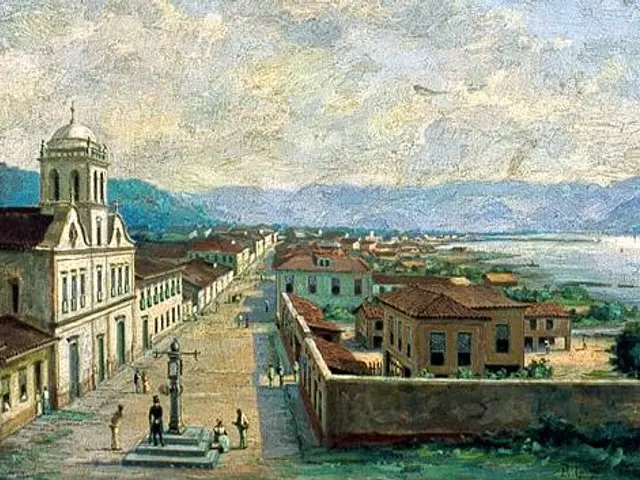Estonia marks two decades of membership in the European Union.
Unleashing 21 Years of Progress: Estonia's EU Journey
Embracing Europe's Unity and Reinforcing the Digital Frontier
TALLINN - Amidst resounding celebrations, Estonia marked the 21st anniversary of its integration into the European Union on May 26, 2023. Foreign Minister Margus Tsahkna hailed the momentous occasion, stating, "As a small nation, we've carved out a significant niche in shaping major decisions that impact not just Estonia, but Europe and the world at large."
Tsahkna was quick to emphasize Estonia's key role in driving the EU's innovative initiatives and digital transformation. "Since our EU induction on May 1, 2004, we've contributed substantially to the European Union's digital growth and are a tenacious voice in its security policy," he said.
The foreign minister continued, "Gaining admission into the European family has provided Estonia the solace that we'll never stand alone again." He stressed, "Today we celebrate, but also look forward, reaffirming our belief that Europe's power lies in unity and our capacity to support those yearning for our kinship. Ukraine, we stand by you every step of the way."
May 9, much like on this day in 2004, marks Europe Day throughout Estonia. An array of events will unfold nationwide, led by young people, state entities, local governments, embassies, and the European Commission.
In the heart of Tallinn, a family day will unfold, with designated zones of embassies, organizations, an orienteering game, and a free concert in the evening featuring 5MIINUST x Puuluup, NOËP, and Icelandic artist Daði Freyr.
Meanwhile, in Narva, a large, free concert hosted by Anne Veski and nublu will take place on Town Hall Square, alongside activities that underscore the beginning of Europe in Narva and May 9 as the day of peace and unity.
Since joining the EU's ranks, Estonia has earned a reputation as a trailblazer in digital governance. It's renowned for its e-government systems, which facilitate seamless access to government services online, streamlining administrative tasks. This model has significantly influenced EU policies concerning digital governance[1][2].
Estonia has also developed robust systems for electronic identification and digital signatures, ensuring secure online transactions and identity verification throughout the EU[1][2]. The country's entrepreneurial spirit has fostered an innovative start-up ecosystem, with tech giants like Skype and TransferWise emerging under its wings[1][4].
Estonia has been a frontrunner in cybersecurity efforts, hosting the NATO Cooperative Cyber Defence Centre of Excellence and contributing to EU cybersecurity strategies and initiatives[1]. Lastly, Estonia's advancements in digital technology have played a critical role in the EU's ambition to create a Digital Single Market, promoting free data movement, enhancing digital infrastructure, and tailoring regulatory frameworks to bolster innovation[2][5].
By taking part in and influencing these domains, Estonia has shaped the EU's digital landscape, reinforcing its capacity to adapt to technological hurdles and seize opportunities. As the nation celebrated two decades in the EU, its commitment to progress and unity remained steadfast.
- On the anniversary of Estonia's EU accession, Foreign Minister Margus Tsahkna acknowledged the country's significant role in driving the EU's digital growth and security policy, emphasizing their continued support for Ukraine.
- Since joining the EU, Estonia has been recognized as a trailblazer in digital governance, with its e-government systems, electronic identification, startup ecosystem, and contributions to cybersecurity significantly influencing EU policies.
- In line with Estonia's commitment to digital progress and unity, the nation celebrated its 21st EU anniversary, with events ranging from orienteering games and family festivals to free concerts promoting peace and unity, consolidating Estonia's influence on the EU's digital landscape.








